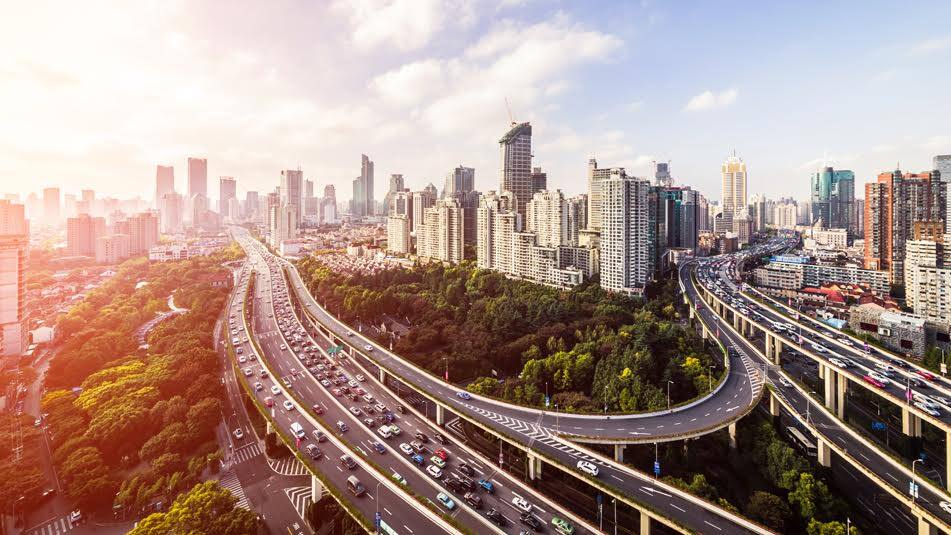The World Green Building Trends 2016 paint a positive picture of the future of buildings. It found that more than 1000 respondents in 69 countries projected more than 60% of their work to be green by 2018. That’s an ambitious target, which, if achieved, will mean eco- efficient buildings could soon be the norm.
The report also states emerging economies like Brazil, India, Saudi Arabia and South Africa to be the engines of green growth in the next three years, with development varying from two-fold to six-fold over current green building levels. Expansion is also expected to continue in developed countries like the US, Germany and the UK.
The growing popularity of green buildings is no surprise as it offers significant operational cost savings compared to traditional buildings. Even respondents of the World Green Building Trends 2016 expect a 14% savings in operational costs over five-year savings for new green buildings and 13% savings in operational costs over five years for green retrofit and renovation projects.
That explains the rising interest in acquiring green building certifications such as LEED and BREEAM.
KONE’S AMBITIOUS TARGETS
KONE too is charging ahead with its green plans. Its targets are two-pronged. It aims to further improve eco-efficiency of its solutions, and reduce greenhouse gas emissions from its own operations.
The company’s Sustainability Report 2015 measures up to both counts. Let’s look at its solutions.
KONE MonoSpace® 500, the company’s current machine room-less volume elevator, is up to 90% more energy efficient than KONE’s elevators from the 1990s. The company’s high- rise hoisting technology, UltraRope™, too, cuts the energy consumption of a 500-meter elevator ride by 15%, and its regenerative solution provides energy savings of 20–35% by recovering the energy that is released when the elevator is used.
Escalators spell gains too. KONE’s eco-efficient solution cuts energy consumption by slowing down or stopping the escalator when it is not in use or by increasing the efficiency of the motor when traffic volumes are low, KONE’s destination control system optimizes traffic, which reduces the size and number of elevators needed in a building.
TIME FOR A MAKEOVER
According to the European Lift Association (ELA), over 50% of the elevators and escalators in Europe are already more than 20 years old, and this figure is estimated to increase to 60% by 2020. This means it’s time to modernize. KONE’s eco-efficient technological innovations come into play here as well.
Modernizing an elevator pumps up energy savings up to 70%. The gains are also attractive because building owners incur lower operating costs and predictable lifecycle management.
THE DIGITAL TOUCH
As technological innovations take lead, the road ahead looks promising as well. This is because new technology is a significant enabler of improved sustainability. Technologies in smart buildings can help facility owners and managers improve the overall energy and resource efficiency of their buildings, while improving people flow. Add to that the power of digitalization and the results are impressive.
Take for instance, KONE’s recent partnership with IBM, earlier this year. It will bring cognitive analytics to KONE’s services. In practice, this means KONE can resolve issues before they occur, since its analytics platforms will constantly learn and become better at identifying future needs.
For now, every initiative to ‘go green’ adds up. It’s a trend that won’t go out of fashion for years.
